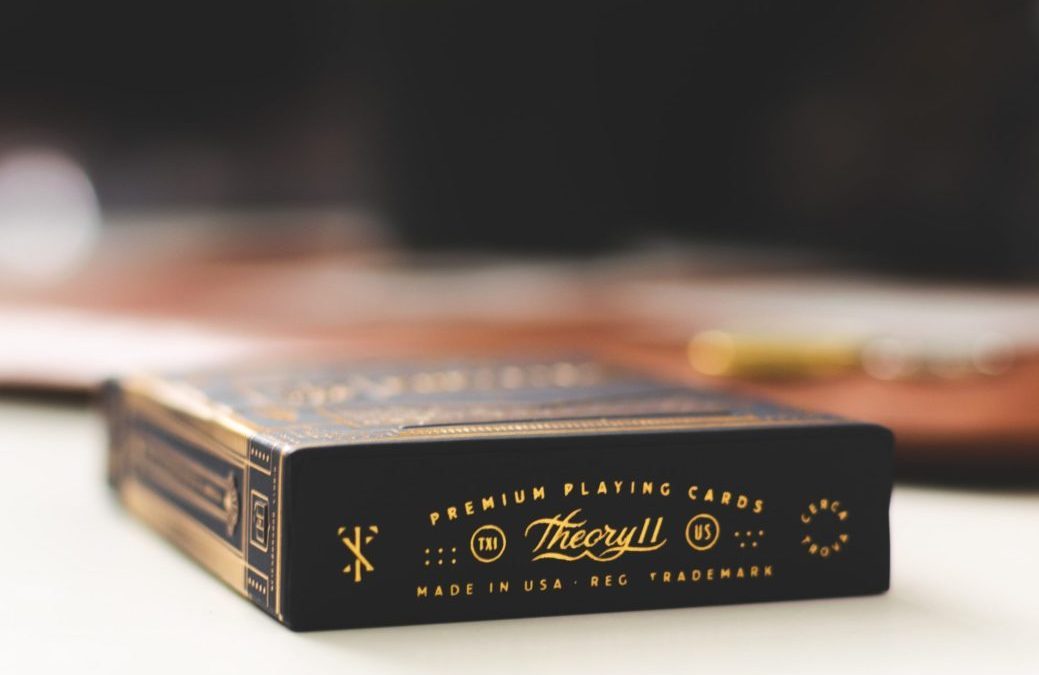Sometimes, even when it comes to writing, there is nothing better than seeing a visual breakdown to understand why a personal statement is effective and memorable.
In my view, the best personal statements:
- are honest and relatable
- are detailed
- show vulnerability
- show your personality
- go somewhere/have direction
- answer their prompt
So, I decided to write and then break down my own personal statement to illustrate how you can put into play what I espouse. Let’s take a look.

THE ESSAY (from University of Kentucky)
Please write an essay of 250-650 words on the topic below. Think of a time when you were dealing with a challenge (personal, academic, work related). How did you handle that? Did you seek support and if so who did you seek support from?
THE ESSAY
I stared at the solitaire on my phone: black queen on the king of hearts, red jack missing, probably locked in the unturned cards in the next row. Beside me, my husband stared at his tablet in his hospital bed. The room beeped.
I wished for a real deck, like the kind we used to play with at Moose Lake growing up, so old and well-used the cards almost felt like fabric. I remember my best friend Kristin trying a magic trick out on me by fanning the cards in her hand. I saw 52 images of Raggedy Ann.
I wouldn’t think of that — or anything good. I would play my electronic game and manage myself.
It’s not much worth getting into why we were in the ICU. All you need to know is my husband would either die soon or he wouldn’t. There was no bargaining to be had, unless you asked for everything, which isn’t much of a negotiation.
What you should know is this was the first time I was cut to my core, the place where the pips are housed. As I went back home to pack for a longer stay — his favorite coffee mug, his pillow — I could suddenly see the memories attached, almost like tags, to every item in the house. That nearly split me.
So, the goal became management, which evolved into snipping time into pieces.
Solitaire helped. Every game I lost or won was proof time was passing, and William was still with us. I could take that time and put it under my belt. Or use it to build him armor.
Though I am by nature a talker, a talk-it-outer, I found I could only write. So I kept our friends and family aware of every detail of his illness via group texts, acting as if I were point person, the manager overseeing the crisis instead of living inside it. Everyone told us to hang in there, that they were there for us, that everything was going to be OK. I tried to let their words sink in, but I was too scared.
I sucked in what the doctors said instead. I have a bad memory but during those weeks, I was laser-focused on absorption, on remembering verbiage so I could ask better questions, conduct better research.
Cutting time, informing groups, sucking on information, I knew it wouldn’t work forever. I was only floating, not dealing.
I found out what would work on the night I woke up at 3 a.m. and saw the nurse named Sarah standing in the corner of our hospital room. A hospital room never truly gets dark, it maintains a strange grey light, so I could see her holding a clipboard to her chest, her plain brown hair skimming her shoulders. Sarah didn’t seem to be there for any reason other than to watch my husband breathe, and I got the sense she would stand there as long as it took until she was sure he was all right.
It was the most beautiful, giving thing I’d seen, and I’ve never been so grateful. That gratitude returned me to myself.
I turned over and, for the first time, slept.
I knew then what I had to do: rely on the gratitude that comes from recognizing beauty. I started seeing beauty everywhere after that: in the way two toothbrushes look lying beside each other, the way someone knocks on a closed hospital room door when they’re afraid of waking you up, how a small Kentucky town can look in the first silver minutes of morning. You could see Somerset’s biggest cemetery from our room. Its stones look like teeth in the hills.
Living life in that pursuit made me strong, grounded.
In the end, my husband recovered, and eventually life loosened, unfurling before us like ribbon. But I won’t forget my lesson: It was the hardest time. But it was the most beautiful too.

WHY THIS WORKS/THE BREAKDOWN:
- I stared at the solitaire on my phone: black queen on the king of hearts, red jack missing, probably locked in the unturned cards in the next row. Beside me, my husband stared at his tablet in his hospital bed. The room beeped. The opening is grounded in the mundane with a game of solitaire. Immediately, every reader can relate to how to play this game. Additionally, tension is created by the mention of the hospital bed; we want to know why the husband lies in one.
- I wished for a real deck, like the kind we used to play with at Moose Lake growing up, so old and well-used the cards almost felt like fabric. I remember my best friend Kristin trying a magic trick out on me by fanning the cards in her hand. I saw 52 images of Raggedy Ann. I’m being honest with you by the details I include: I am specific about where this memory took place (Moose Lake), the name of my best friend (Kristin) and the kind of cards she is playing with (Raggedy Ann). Because we know I am being honest, you feel you can relate to me and trust my story. I continue to be specific in my details as the story unfolds (his pillow, his favorite coffee mug).
- It’s not much worth getting into why we were in the ICU. All you need to know is my husband would either die soon or he wouldn’t. There was no bargaining to be had, unless you asked for everything, which isn’t much of a negotiation. I pick and choose what information I want to share based on how much it contributes to my story. Remember, there is a strict word count here, so I do not want to waste words by going into a breakdown or lengthy description of an illness, especially if it does not change the arc. But I do make clear that the stakes are high.
- Though I am by nature a talker, a talk-it-outer, I found I could only write. I describe what kind of person I am. You can do this in many different ways. Don’t hesitate to start a sentence with, “I’m the type of person who …” Remember, your reader wants to know about your character. Your personal statement is the only place in your application where you can address this, so make sure you create opportunities to describe yourself.
- Cutting time, informing groups, sucking on information, I knew it wouldn’t work forever. I was only floating, not dealing. I answer my prompt by providing a breakdown of how I tried to handle my challenge. I then specifically explain what worked for me: I knew then what I had to do: rely on the gratitude that comes from recognizing beauty.
- Its stones look like teeth in the hills. I sparingly use literary devices (in this case a simile) to describe my story. You can make yourself memorable by describing a person, place or thing in an unusual way.
- In the end, my husband recovered. I finish my story. Remember, a good story, will have a beginning, middle and an end. Make sure you finish it.

